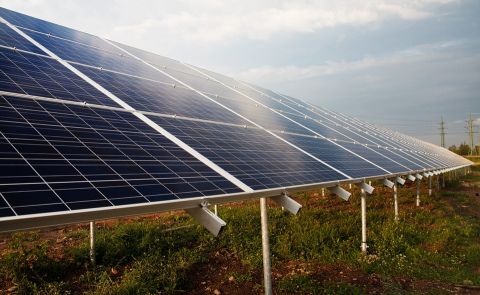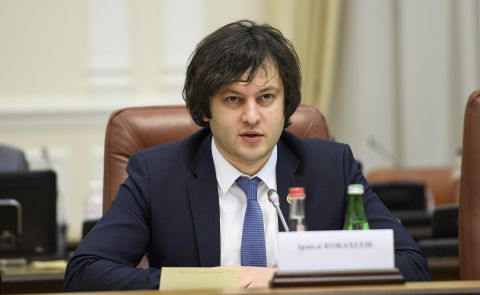
Tensions rise in the wake of the upcoming elections in Georgia
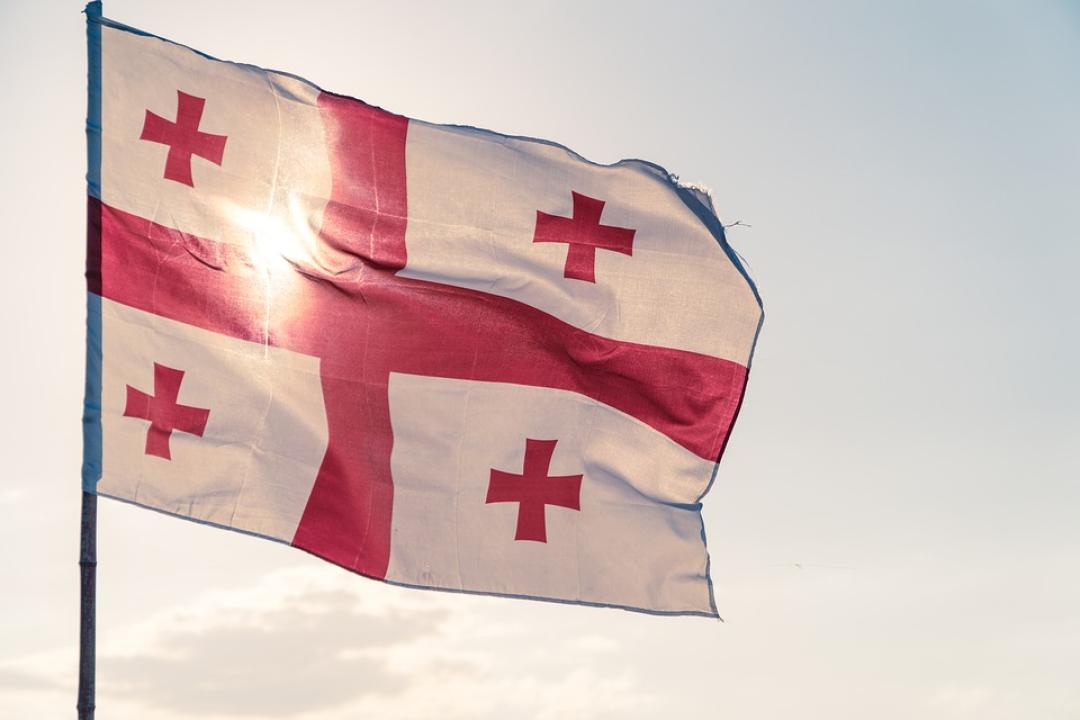
On 21 October, the ruling Georgian Dream (GD) party reported that its office in Dmanisi municipality in Kvemo Kartli region was raided by members of the opposition.
GD Executive Secretary Irakli Kobakhidze told Rustavi 2 TV that this was ‘a severe provocation’. However, he said the ruling party is ‘used to that.’ Reportedly, the intruders threatened the GD staff with knives under the severe influence of alcohol, which was followed by a shooting allegedly 'in self-defence' when the offenders stormed in. Meanwhile. one of the GD employees was stabbed in an attempt to seize a knife from the attacker.
The United National Movement (UNM) opposition party dismissed the allegations that its members raided Georgian Dream party office in Dmanisi, Kvemo Kartli region, yesterday and attacked local members of the GD. UNM member Dimitri Shashkin stated that local representatives of the ruling party attacked one another in Dmanisi “as they were unable to share the money and oil sent from the central office.” The UNM majoritarian candidate for Dmanisi, Tsalka, Bolnisi and Tetritskaro municipalities Kakha Okriashvili said that GD party member Zura Okmelashvili shot three individuals during the incident.
Meanwhile, the European Georgia (EG) officials continued criticising the UNM candidate for the Prime Minister spot Mikhaeil Saakashvili. The EG leader Giga Bokeria accused Saakashvili of “betraying the values of the Rose Revolution,” by teaming up with Gubaz Sanikidze, who previously “used to accuse Saakashvili of being an Armenian to sow ethnic discord.” Bokeria argued that although political configuration changes and people move from one party to another, political principles must remain unchanged. However, the EG leader claimed that Saakashvili is now “with people, who were fundamentally against the values of the Rose Revolution.”
Transparency International (TI) Georgia issued an announcement urging law enforcement agencies to promptly initiate a probe into alleged death threats toward businessman Avtandil Tsereteli, the father of pro-opposition TV Pirveli founder Vato Tsereteli. According to the announcement and Vato Tsereteli himself, two men approached his father outdoors and threatened to kill him should TV Pirveli continue its critical coverage. Vato Tsereteli blamed the ruling GD party for the alleged incident.
The International Society for Fair Elections and Democracy (ISFED) released its fifth interim report on the pre-election environment ahead of October 31 parliamentary polls. According to the report, as polling day draws closer, incidents of pressure, threats, obstruction and violence towards voters, activists and opposition politicians remain the key challenges of the pre-election environment.
In the document, covering a period from 29 September to 21 October, as well as some developments that began before the said date, the watchdog identified nine alleged cases of politically motivated violence; 37 instances of alleged political pressure/threats; two supposed cases of pressuring the media; one alleged case of obstructing an observer’s activities; 10 supposed instances of vote-buying; three alleged dismissals on political grounds; 18 possible cases of the use of administrative resources; 16 instances of participation of unauthorised persons and three instances of participation of religious organisations in the election campaign; two wide-scale charity projects and instances of damaging agitation materials throughout the whole country.
The watchdog expressed its concern over violent incidents involving media. Highlighted events include the 29 September attack on Mtavari Arkhi TV and Georgian Public Broadcaster’s journalists in Marneuli, alleged death threats against TV Pirveli founder’s father and the Georgian Charter of Journalistic Ethics finding that current director-general of Imedi TV had previously interfered with Maestro TV journalists’ editorial independence.
According to the report, in the regions, GD activists or staff of local government bodies allegedly often attend opposition politicians’ meetings to monitor and identify attendees, which could constitute political pressure on voters. The watchdog also reported that in some instances opposition parties’ regional campaign staffers have refused to continue working supposedly to “avoid having problems with central or local governments.” The report also stated that the UNM reported instances of pressure on their supporters and election commission members after party leader Mikheil Saakashvili stated online that Nagorno-Karabakh is Azerbaijani territory.
See Also

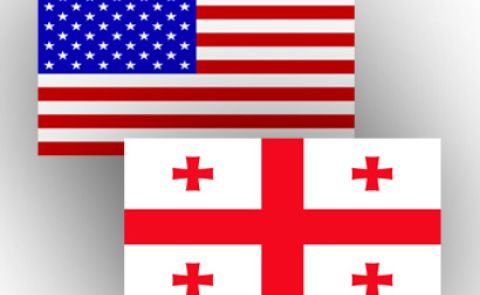
Kobakhidze Meets US Senator Daines to Discuss Bilateral Relations
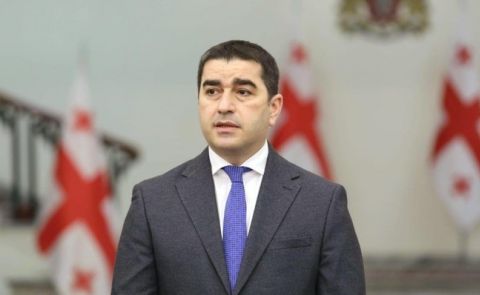
Georgian Speaker Condemns Embassy Travel Warnings as Economic Attack
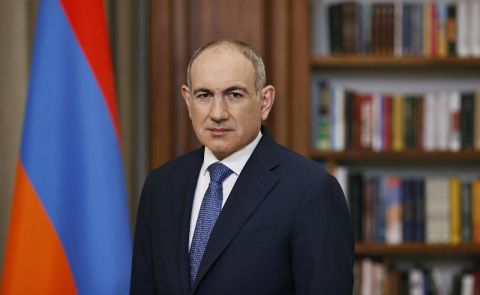
Political Crisis Deepens Between Armenian Government and Apostolic Church After Pashinyan’s Remarks
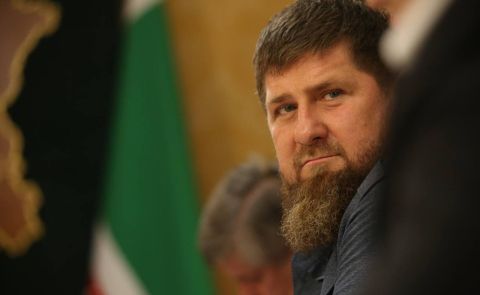
Ramzan Kadyrov Awards Title to Ingush Businessman
